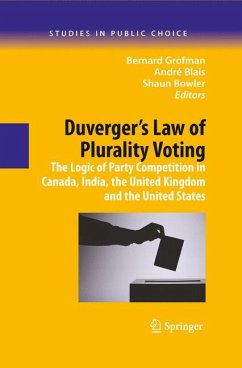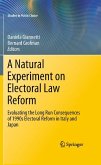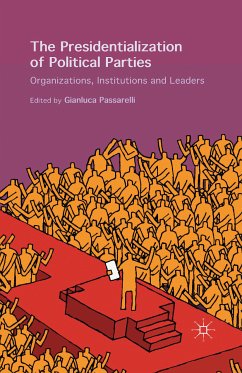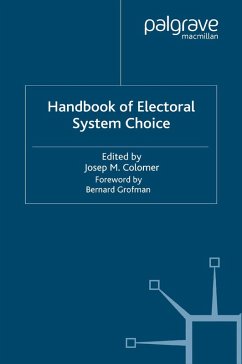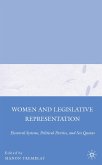However, while Duverger's Hypothesis concerning the link between PR and multipartism is now widely accepted, the empirical evidence that plurality voting results in two-party systems is remarkably weak-with the U.S. the most notable exception. The chapters in this volume consider national-level evidence about Duverger's law in the world's largest, longest-lived and most successful democracies of Britain, Canada, India and the United States. One set of chapters involves looking at the overall evidence for and against Duverger's Law in these countries; the other set deals with evidence about the mechanical and psychological effects predicted by Duverger. The result is an incisive analysis of electoral and party dynamics that will appeal to researchers, academics, students, policymakers, and policy watchers around the world.
Sponsored by the Center for the Study of Democracy, University of California, Irvine
Dieser Download kann aus rechtlichen Gründen nur mit Rechnungsadresse in A, B, BG, CY, CZ, D, DK, EW, E, FIN, F, GR, HR, H, IRL, I, LT, L, LR, M, NL, PL, P, R, S, SLO, SK ausgeliefert werden.

